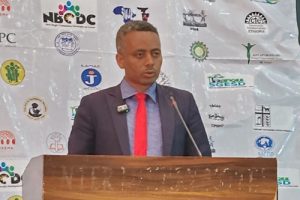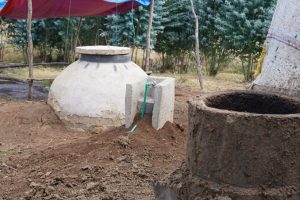
ADDIS ABABA – African Parks has expressed its commitment to supporting wildlife conservation and ecosystem development in Gambella National Park with the implementation of a Conservation- Led Economy (CLE).
The African Parks (AP), CEO Peter Fearnhead told The Ethiopian Herald that his organization has agreed with the Ethiopian Wildlife Conservation Authority (EWCA) and the Gambella State administration to help restore the landscape and channel significant investment into the region.
Accordingly, AP will provide technical, managerial, and financial support to ensure the sustainable conservation in the Gambella National Park, he said.
Fearnhead disclosed that the organization has allocated an estimated three million USD to undertake the conservation works in the park.
He also mentioned that the project would create over 150 permanent jobs in the area.
AP promised to continue the support of conserving other parks in Ethiopia by maintaining constructive discussion with relevant bodies in the years to come, he expressed.
The CEO noted that his organization has valuable experience in preserving wildlife and ecosystem which is crucial for Ethiopia to learn from and implement to derive adequate benefits from the sector sustainably.
Similarly, encouraging and facilitating commercial enterprises to do business around the parks would help to increase visitors’ satisfaction, improve the livelihoods of the local community and the income of the enterprises, Fearnhead suggested.
He further stated that spending money in the parks also mean creating meaningful jobs, building business, infrastructure, and benefiting residents.
The African Parks, which began its conservation works in Zambia and Malawi, is now preserving over 20 protected areas in more than 10 African countries, in which, the Gambella National Park is its 23rd project, according to the CEO.
The wildlife conservation organization was founded in 2000 with the ambition to conserve wildlife and ecosystem in partnership with governments, local communities, and other stakeholders.
BY MESERET BEHAILU
THE ETHIOPIAN HERALD SATURDAY 28 DECEMBER 2024





